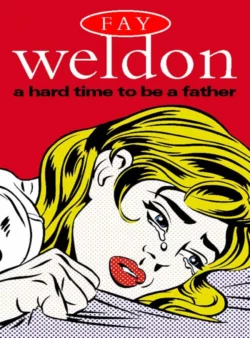A Hard Time to Be a Father

Fay Weldon
Тип: электронная книга
Жанр: Современные любовные романы
Язык: на английском языке
Стоимость: 150.68 ₽
Статус: В продаже
Издательство: HarperCollins
Дата публикации: 16.04.2024
Отзывы: Пока нет Добавить отзыв
О книге: ‘Sparkling, sharply observing, insights delivered with a light touch that puts us in a good mood, however dark the comedy’ SpectatorHere are nineteen glittery new tales about the way we live now, as lovers, partners, children, parents. Or alone.Stories of passion, desire, and necessary restraint;of the near future, the recent past;of old habits, new technology;of won’t-be mothers and would-be fathers;of houses, ancient and modern.Stories, in fact, to enlighten us to the true and timeless nature of the human condition in this the new age of self-knowledge.